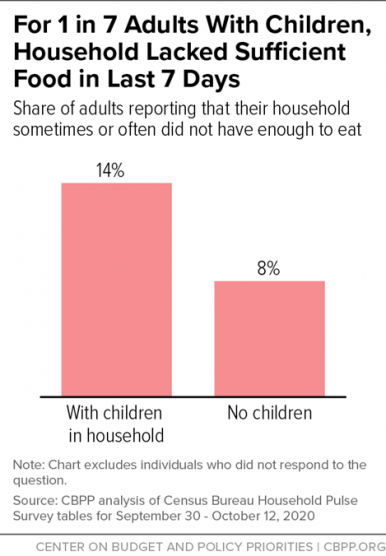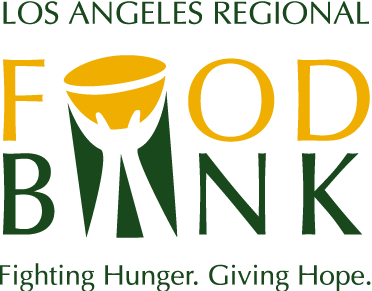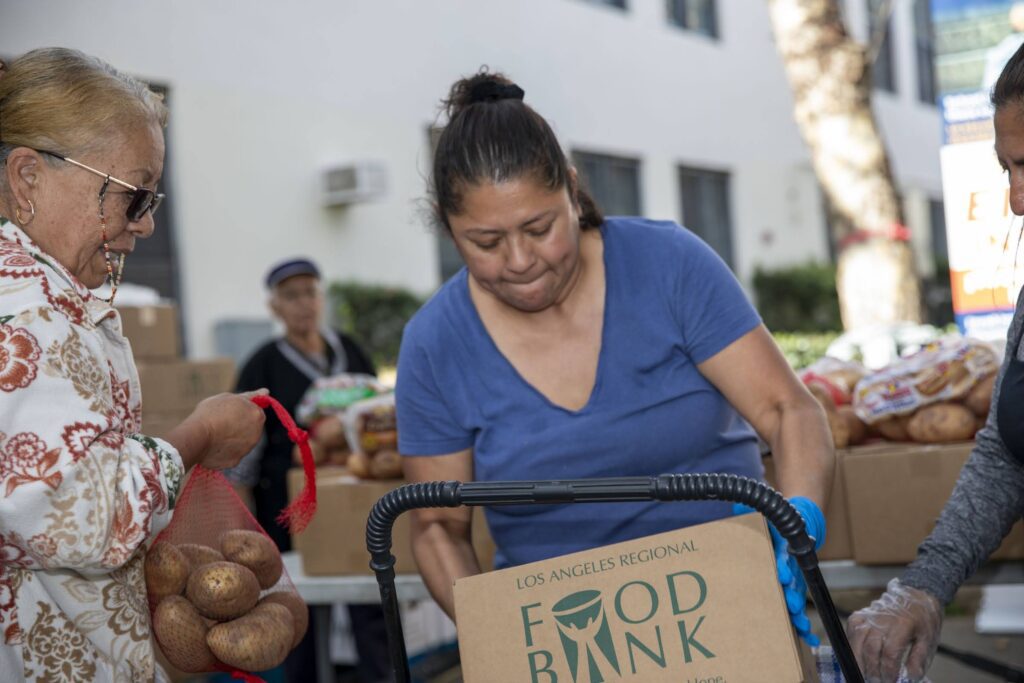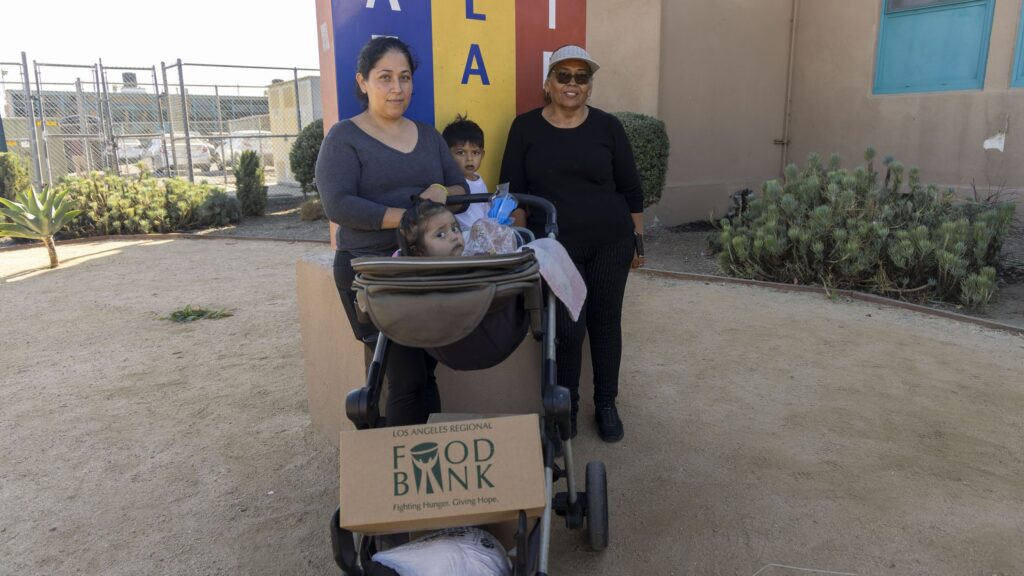Executive Summary: COVID-19 Recession Effects on Food Insecurity, Housing and Employment
Executive Summary: COVID-19 Recession Effects on Food Insecurity, Housing and Employment
 Results from the Census Bureau’s Household Pulse Survey reflect increasing economic hardship for millions of families and individuals across the nation, including food insecurity, eviction, and unemployment. While the effects of the COVID-19 recession are widespread, Black and Latino communities have been hit disproportionately hard. The unemployment rate in August was 8.4% across the nation: 7.4% for white workers, 10.5% for Latino workers, and 13.0% for Black workers. California’s total unemployment rate was even higher, at 13.3%. Additionally, job losses and furloughs have been especially pervasive in industries with low average wages; these industries supply 30% of jobs, but are currently responsible for 51% of national job loss.
Results from the Census Bureau’s Household Pulse Survey reflect increasing economic hardship for millions of families and individuals across the nation, including food insecurity, eviction, and unemployment. While the effects of the COVID-19 recession are widespread, Black and Latino communities have been hit disproportionately hard. The unemployment rate in August was 8.4% across the nation: 7.4% for white workers, 10.5% for Latino workers, and 13.0% for Black workers. California’s total unemployment rate was even higher, at 13.3%. Additionally, job losses and furloughs have been especially pervasive in industries with low average wages; these industries supply 30% of jobs, but are currently responsible for 51% of national job loss.
Economic challenges for families with children have also been exasperated by the pandemic. Around 29 million (12.1%) adults across the country responded that their households either sometimes or often couldn’t afford enough food over the week of July 21st, with Latino and Black adults reporting rates more than double those of white households. Children are facing difficult realities that could have long-term effects on their well-being.
- Around 11-20% of adults responded that their children lacked sufficient food in the last week, meaning that there are about 9-17 million hungry children across the country.
- In California alone, 2,814,000 adults can’t afford enough groceries.16% of families responded that they couldn’t afford enough food for their children to eat.
- Since February, 6-7 million more Americans have been approved for SNAP benefits (a 19% increase totaling 4,802,000 people approved for SNAP in California).

Furthermore, about 1 in 4 kids under eighteen, or 19 million children, live in households that are behind on rent or mortgage and/or can’t afford enough for them to eat. Renters with kids have almost double the likelihood of overdue rent payments than those without children.
- Around 8 million children live in homes that are behind on rent.
- 14.8 million adults (1 in 5 renters) were late on rent the week of July 21st.
- In California alone, 12,161,000 people or 15% of adults did not pay their rent on time last month.
- 2 out of 5 children living in rented homes either don’t get enough to eat or their families are behind on rent, or both.
These statistics mean that it’s more important than ever to support our community. For households already facing economic challenges, the COVID-19 recession has been especially devastating. Currently, California is one of the top five states with the highest unemployment levels. Before the pandemic,1 in 5 people in LA County faced food insecurity; now, that number has skyrocketed. With campuses remaining closed, many families are struggling in the absence of school meals and child care. As the most populous county in the nation, it’s especially crucial that we look out for our ten million neighbors. We are so grateful for the dedication of our partners, donors and volunteers in helping us serve more than 900,000 clients each month. Since mid-March, we’ve increased distribution by about 145%, but there are still more children, adults and seniors that need our support.





